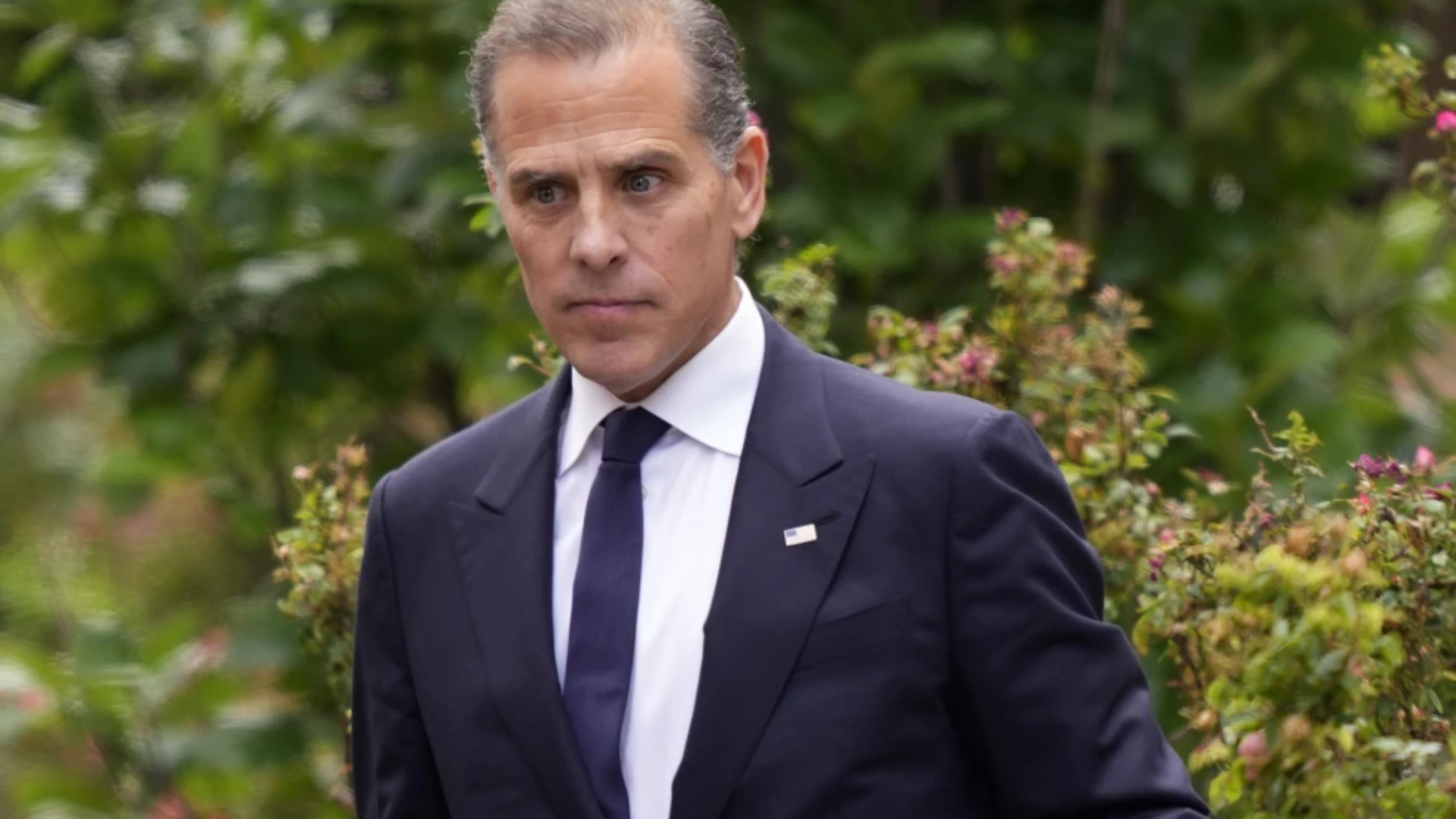WASHINGTON — The Trump administration said Wednesday it is ending medical research by government scientists using human fetal tissue, overriding the advice of scientists that there’s no other way to tackle some health problems and handing abortion opponents a major victory.
The Health and Human Services Department said in a statement that government-funded research by universities that involves fetal tissue can continue, subject to additional scrutiny.
The policy changes will not affect privately funded research, officials said.
Fetal tissue is used in research on HIV and childhood cancers, treatments that enlist the body’s immune system to battle cancer, and the hunt for a vaccine against the Zika virus, a cause of birth defects. The tissue from elective abortions would otherwise be discarded. Scientists use it to produce mice that model how the human immune system works.
Ending the use of fetal tissue by the National Institutes of Health has been a priority for anti-abortion activists, a core element of President Donald Trump’s political base.
The government’s top medical scientist, NIH Director Francis Collins, said as recently as last December that he believes “there’s strong evidence that scientific benefits come from fetal tissue research.”
A senior administration official said the decision announced Wednesday was the president’s call and not Collins’. The official spoke on condition of anonymity to discuss internal deliberations.
The government has funded research using fetal tissue for decades, under administrations of both political parties.
The government said there are currently at least three active federal research projects that involve human fetal tissue, and possibly as many as 12. Among university research projects funded by the government, officials said fewer than 200 of 50,000 rely on human fetal tissue.
No university-led programs will be affected for the time being, the administration said. New projects that propose to use fetal tissue and current projects up for renewal will be subject to additional reviews.
Last year, the administration announced a review of whether taxpayer dollars were being properly spent on fetal tissue research. As a result, NIH froze procurement of new tissue. On Wednesday, the administration also said it is not renewing an expiring contract with the University of California, San Francisco that involves fetal tissue research.
Although HHS said it was trying to balance “pro-life” and “pro-science” imperatives, medical investigators said they feared the government would halt important research to satisfy anti-abortion activists.
Kristan Hawkins, president of Students for Life of America, said in a statement that the administration has “once again done the right thing in restoring a culture of life to our government.”
The Susan B. Anthony List, a group that works to elect lawmakers opposed to abortion, said in a statement that taxpayer funding ought to go to promoting alternatives to using fetal tissue in medical research.
The groups say alternatives are available; scientific groups say that’s not the case for every disease and condition.
Trump casts himself as “strongly pro-life,” and his administration has taken many steps to restrict access to abortion, which remains a legal medical procedure. Trump has nominated federal judges who oppose abortion, attempted to cut money for Planned Parenthood, and expanded legal protection for medical providers who object to abortion.
At a House hearing on the issue last December, neuroscientist Sally Temple told lawmakers the consensus opinion in the scientific community is that there is currently no adequate substitute for fetal tissue in some research areas.
Temple explained that tissue samples from different stages of the life cycle are not interchangeable. “It is not the same material,” she said. “It is a different developmental stage. It has unique properties.” She was testifying on behalf of the International Society for Stem Cell Research.
Testifying on behalf of the Charlotte Lozier Institute, which opposes abortion, biochemist Tara Sander Lee said tissues from infants who have to have heart surgery are among the alternatives. But Temple said researchers would readily use alternatives to fetal tissue if that was suitable.
Research involving fetal tissue accounted for $98 million in NIH grants and projects during the 2017 budget year, a small fraction of the agency’s overall research budget. NIH said that $98 million figure represents the entire budget for the grants at issue, even if only a smaller portion of a particular grant was devoted to fetal tissue research.
HHS said in its statement that is taking such steps through a $20 million grant program announced last December to “develop, demonstrate, and validate experimental models that do not rely on human fetal tissue from elective abortions.”
Copyright 2019 The Associated Press. All Rights Reserved. This material may not be published, broadcast, rewritten, or redistributed. PHOTO AP






















